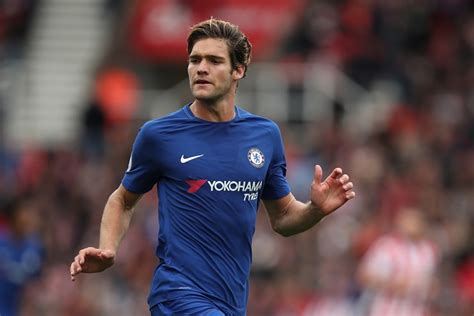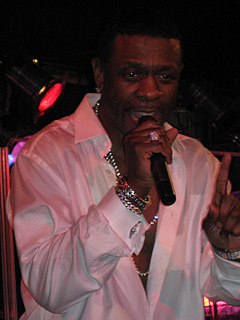A Quote by Eric Liu
I had heard so much negative talk about our generation, that we're slackers and young fogies, that I knew wasn't true of the people I know.
Related Quotes
You are great young people. I have said again and again, we have the finest generation of young people ever in the history of this Church. I believe it. You know the gospel better. You come to seminary and you learn about the things of the Lord here. You know more about the gospel than those of my generation at your age did without any question. I am satisfied of that. Furthermore, you are intrinsically better. You are wonderful young people!
If we look to the future, when we talk about outsourcing jobs, when we talk about global competitiveness and our efficiency, none of that matters very much unless we have appropriate training and education for our young people today who are the workforce of tomorrow. It is an economic reality, and we are failing.
When I made my first film, I had hardly ever seen a camera before, and I was a young man when I arrived in Paris from the suburbs. At the time, I didn't talk much. I was very shy, so the bluff served me. I was telling people that I had no money, and that I knew how to make films, but I had no proof.
I keep thinking that history runs in cycles, and that some day certain large issues will come before the country again. There will be leaders that inspire young people. I don't think it means that it's over forever, but I'm getting pretty impatient. I'm hoping it comes soon, so that my young people can know that experience that we knew in the '60s, and that the World War II generation knew during the '40s.
But you see, our society is still trapped in this binary, black/white logic and that has had some very positive implications for our generation. It's had some very negative ones as well and one of the negative ones is that it creates enormous identity problems for people who have one black ancestor and all white ancestors for example.
I knew that there was an aspect to this story that was beyond the typical and that it was something very important about America, about our culture, and about bringing a story to a new generation that perhaps didn't know the details of it, (and) hadn't had the visceral experience that this film is [42].






































